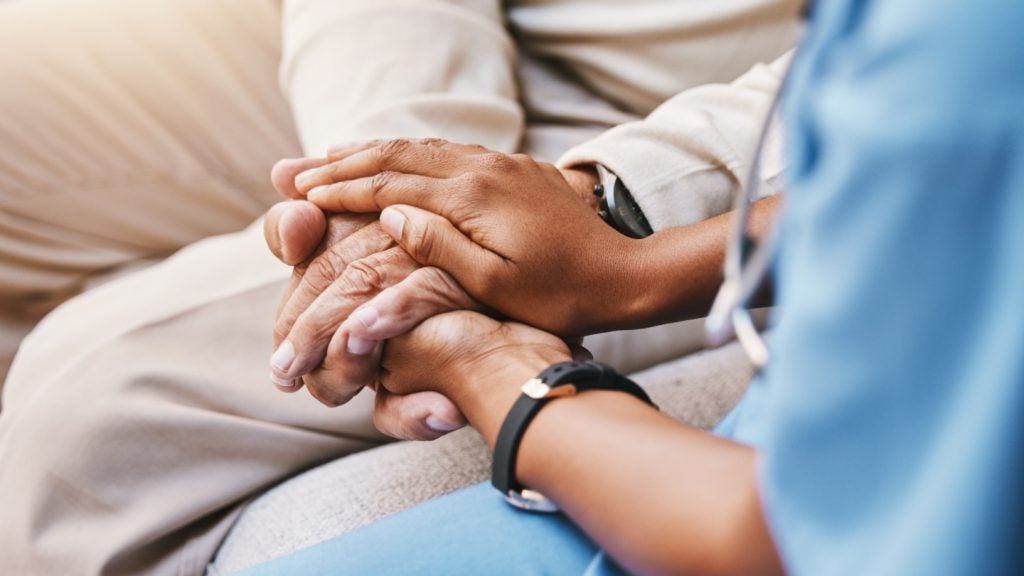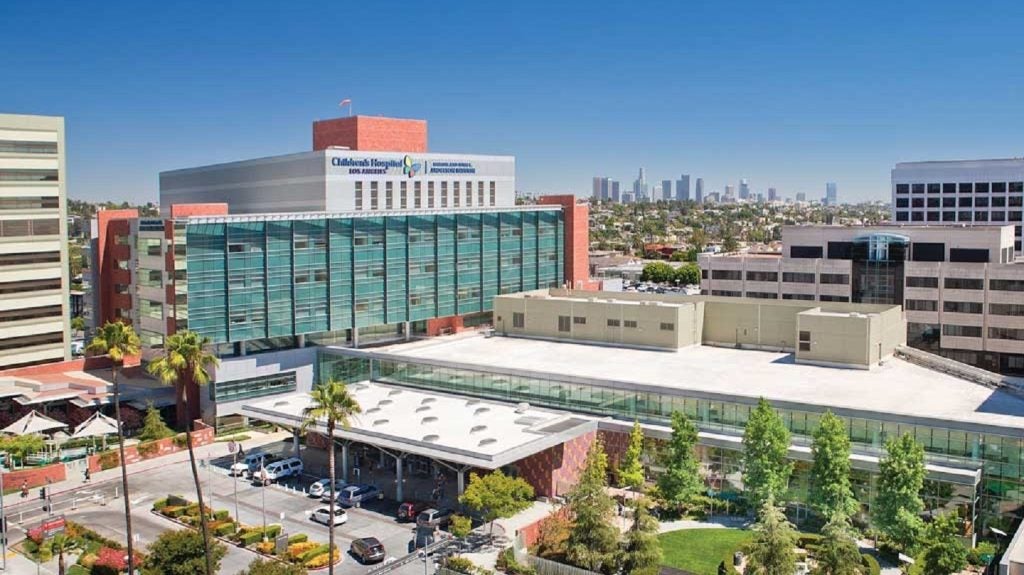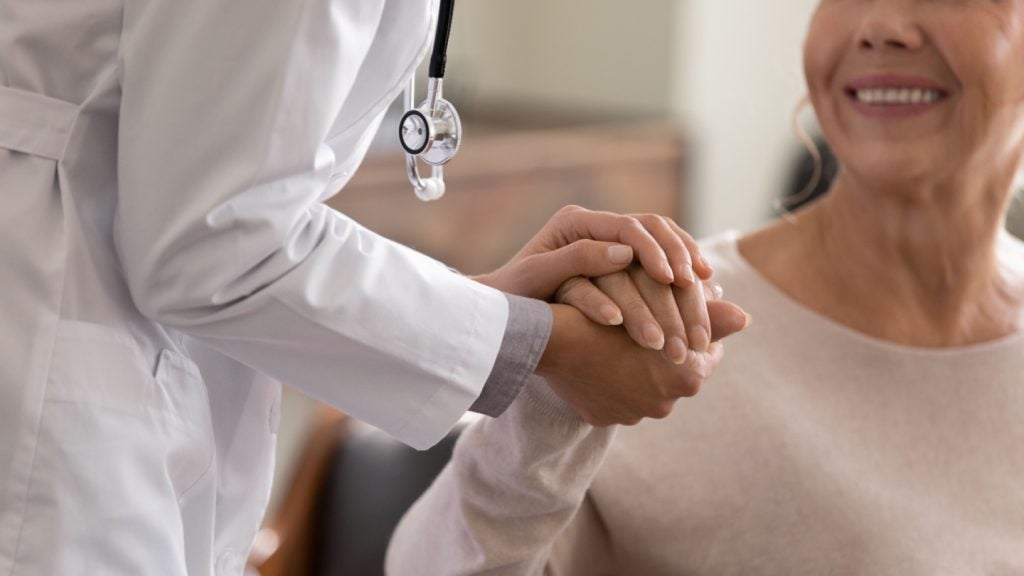The NHS in the UK has revealed that it conducted 2,980,258 urgent cancer screenings over the last 12 months between November 2022 and October 2023.
This marks a significant increase of 147,960 people compared to the same period previous year (2021-2022).
This indicates a rise of around 150,000 individuals in comparison to the preceding year (2021–2022). Additionally, it represents a rise of more than 620,000 from the pre-COVID-19 era.
The analysis also reveals a 133% increase in the number of people getting checked for cancer over the past decade, totalling 1,275,231 urgent cancer referrals between November 2012 and October 2013.
With 269,492 urgent recommendations, October 2023 was the largest month ever for cancer checks, according to the most recent monthly statistics.
Between September 2022 and August 2023, 58% of cancers were diagnosed at these early stages, which is approximately 2.1% points higher than the level before the pandemic.
Catching cancers earlier is attributed in part to the NHS lung health check programme, where mobile trucks provide checks in communities, supermarkets, and shopping centres.
This programme has diagnosed almost 3,000 people with lung cancer, three-quarters of whom were at stage one or two.
The NHS said it employed various awareness campaigns, including messages on urinal mats, underwear in supermarkets, and a large bus traveling to cancer hotspots.
Additionally, the NHS aims to eliminate cervical cancer by 2040, with plans to increase HPV vaccine and screening uptake.
NHS England national cancer director Dame Cally Palmer said: “More people than ever before have received potentially lifesaving checks for cancer over the last year, which is a testament to the hard work of NHS staff who have delivered this level of care, despite an extremely challenging year and unprecedented industrial action.
“We know there is more to do, but we have been throwing everything we have at catching cancers earlier because we know it’s the best way to save lives – and we are seeing progress with more people than ever before being diagnosed at stage one and two.
“With teams taking tests and checks closer to people who need them, and new treatments being made available all the time, we will continue to do all we can to get people seen and treated for cancer as early as possible.”















